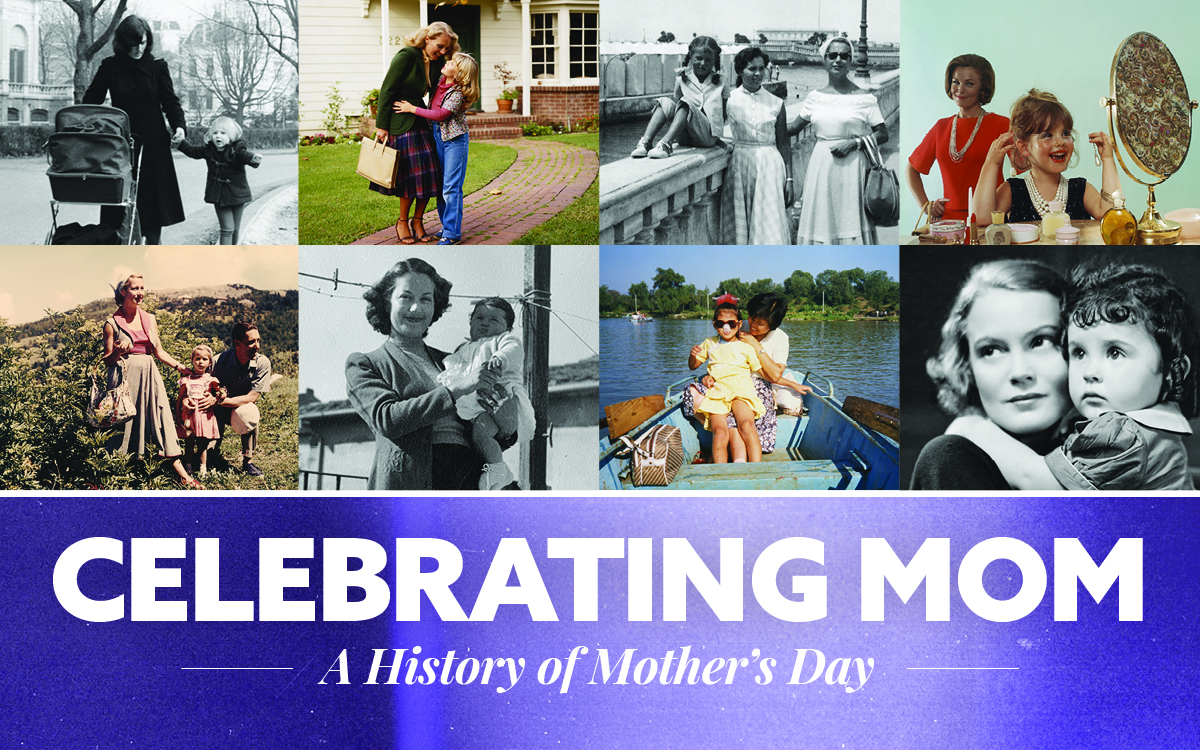
By Scott Rutherford
nyone living in the United States today has grown up with Mother’s Day. It’s always been here, right? Turns out, no. Compared to most holidays, Mother’s Day is a fairly recent innovation.
And no, it wasn’t created by the greeting card industry, though it could certainly be argued they’ve enjoyed the ride. The greeting card industry was still something of a novelty itself when we began celebrating Mother’s Day in the early 1900s, and it took Hallmark more than a decade to figure out this would be a great holiday to add to its repertoire.
There’s some disagreement among available sources about when the first Mother’s Day as we know it today was celebrated, but most put it in 1908 and credit West Virginia native and Civil War veteran Anna Jarvis with the holiday’s creation. The federal government made it official in 1914 with a proclamation by President Woodrow Wilson.
For her part, Jarvis must not have been too impressed when the greeting card companies got on board, because she spent much of her later years trying to get Mother’s Day canceled, decrying how commercialized it had become. Jarvis had initially tried to organize events honoring mothers that were designed to teach women how to better care for their kids.
Jarvis wasn’t the only one who advocated for a day to honor moms, though. Throughout history, there have been numerous attempts, some more successful than others, to give our mothers a special day; we have evidence of special days to honor mothers dating all the way to the Greek and Roman empires.
Mothering Sunday has been celebrated in the British Isles since medieval times. Originally designed as a day in which people visited the “mother church” where they had been baptized, it evolved over time into a day in which flowers and other gifts were brought to mom. The holiday continued to be celebrated in the United Kingdom until it was absorbed into the Mother’s Day we celebrate here during the 1930s and ‘40s.
Others who advocated for a Mother’s Day in the United States include Julia Ward Howe, a suffragette from Boston, and Juliet Blakely of Michigan, who was also involved in the Temperance Movement. And lest we think only women advocated for a day to celebrate moms, we must add Notre Dame professor Frank Hering, who publicly advocated for a Mother’s Day holiday as early as 1904.
While Anna Jarvis may not have been a fan of the greeting card or floral industries, most of our mothers are. It turns out, they’re also big fans of the telephone industry – the day with the highest call volume in the country also happens to be Mother’s Day.

